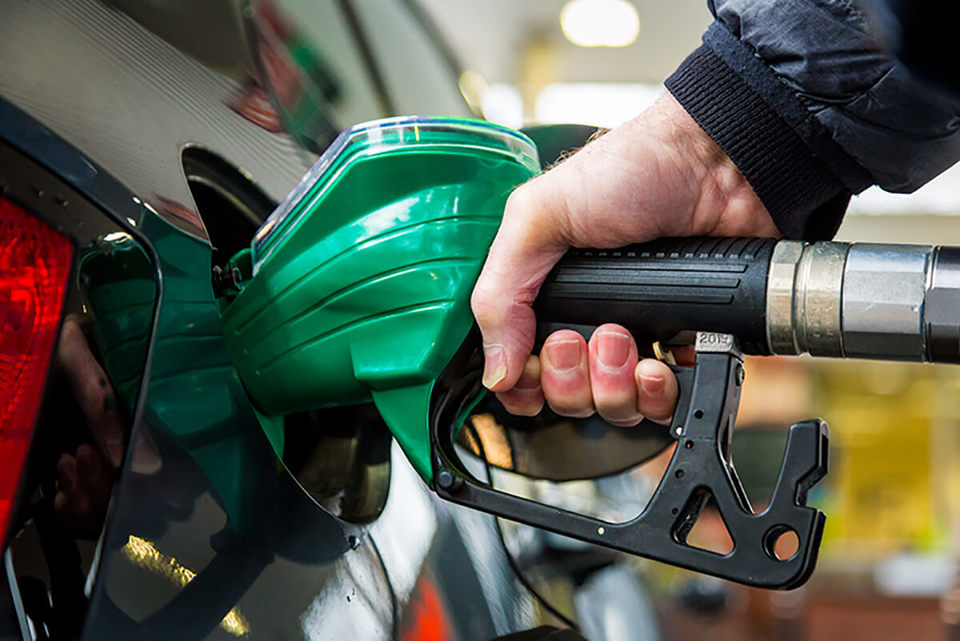New international rules mandating ultra-low-sulphur fuel in merchant shipping could significantly increase road diesel prices, warns TMC.
Higher diesel prices will be due to insufficient worldwide refining capacity, says TMC. Refiners will need to produce an extra 4 million barrels per day of low-sulphur marine fuel on top of existing demand for ultra-low-sulphur road diesel (ULSD).
It would not be the first time that efforts to reduce the level of acid rain-causing sulphur in distillate fuels has led to higher diesel prices.
The price gap between petrol and diesel in the UK widened to 10 pence per litre (ppl) in 2008 – the highest seen to date – after the US mandated ULSD for its road users, putting additional demands on global refining capacity.
Paul Hollick, managing director, TMC, said: "The new fuel standard set by the International Maritime Organisation comes into effect on 1 January 2020, but we expect road users will feel knock-on effects on fuel prices sooner than that.
“Refineries need to invest heavily in new plants to upgrade the residual fuel oil they currently sell to shipping. That will take several years to complete. In the meantime many more end users will be chasing whatever low-sulphur distillate is available.
“Oil industry analysts also expect oil prices as a whole to rise throughout next year as less complex refineries scramble to secure additional supplies of low-sulphur light sweet crude oil for their existing processes."
UK diesel pump prices reached their highest level for four years, last week. They averaged 134.6ppl, according to the Department for Business, Energy & Industrial Strategy - 4p more than petrol.
RAC analysis showed earlier this month that pump prices have gone up for eight of the past 12 months making both diesel and petrol 13p per litre (ppl) more expensive than this time last year.
Sulphur oxides created by combustion of high-sulphur fuels cause respiratory problems and produce acid rain. The majority of commercial ships currently burn residual fuel oil, a cheap, often high-sulphur, by-product of refining crude oil into petrol and diesel.
From January 1 2020, the International Maritime Organisation (IMO) will require the sulphur content in marine fuel to drop from a maximum of 3.5% down to 0.5%.
Navigistics Consulting and Ensys Energy, two independent consultants to the marine sector, calculate that 4 million barrels per day of high sulphur residual fuel oil globally will have to be switched to ultra-low-sulphur marine diesel to meet the January 2020 deadline.
A joint Marine Fuel Availability Study by the two companies reports that there is insufficient refining capacity to meet this extra demand.
The study predicts a 'scramble period' starting next year, during which less complex refineries will bid up the price of light sweet (low sulphur) crude in order to produce more low-sulphur distillate and less residual fuel. This would lead to significant worldwide increases in oil prices in general and diesel prices in particular – as happened during the US switch-over to USLD from 2006 onwards, which coincided with the price of light sweet crude reaching a record $147 per barrel in July 2008.





















Login to comment
Comments
No comments have been made yet.